
Managing Congestive Heart Failure and Other Chronic Heart Problems
Heart Disease Management
If you have an ongoing heart problem, you may feel like your life is limited. You might be hesitant to travel, exercise, or participate in the activities you love. But the cardiologists and heart care teams at Penn Highlands are here to help you manage your chronic heart condition, such as congestive heart failure or ischemic heart disease, and lead the fullest life possible.
Common Chronic Heart Disease Conditions
Chronic heart disease refers to any heart problem that is ongoing. Chronic conditions are often progressive, too, which means they can get worse over time. Common chronic heart diseases include:
- Coronary artery disease or ischemic heart disease is the narrowing of the major blood vessels inside the heart. It’s usually caused by atherosclerosis, which is when a waxy buildup of plaque lines the walls of the arteries.
- Arrhythmia is when the heart beats too fast, too slow, or irregularly. It is a very common heart condition and usually harmless. However, very irregular rhythms can lead to serious heart problems.
- Congestive heart failure is when the heart isn’t pumping blood as well as it should be. This could be because of coronary artery disease, high blood pressure, or other reasons.
- Heart valve disease is when one or more of the four valves that control blood flow inside your heart doesn’t work as well as it should. Heart valve disease might be something you’re born with or it can develop over time.
- Congenital heart disease is any abnormality of the structure of the heart that has been there since birth. Common congenital heart defects include heart valve disease and defective blood vessels.
- Heart muscle disease, also called cardiomyopathy, is when the heart muscles become rigid or enlarged, making it difficult for the heart to pump properly. Heart muscle disease can lead to heart failure.
- Pericardial disease, or pericarditis, is inflammation of the thin sac of tissue that surrounds the heart. It can be caused by viral infection, heart attack, trauma or a number of other conditions.
- Aorta disease refers to any type of condition that damages the body’s largest blood vessel, the aorta. It can lead to life-threatening bulges or tears in the blood vessel. Aorta disease is caused by high blood pressure, plaque buildup, trauma, and genetic factors (called Marfan syndrome).
How are Chronic Heart Diseases Treated?
If you are diagnosed with a chronic heart disease, such as congestive heart failure or coronary artery disease, your life isn’t over. Many people live years and years of a full life with a chronic heart disease. The key is to get help from a heart expert and follow their advice.
If you have a chronic heart condition, your primary care physician and a cardiologist will both help you. They will want to monitor your chronic heart disease regularly and develop a plan to help you manage it. Treatment for chronic heart conditions usually include medications to control the disease and/or the symptoms. If you are prescribed medication, it’s important to follow your doctor’s instructions. Stopping medication abruptly or changing your dose can have life-threatening consequences. Talk to your doctor if you are unable to afford your medication. He or she may be able to switch you to a more cost-effective medication. If not, you may be able to get help from a prescription drug assistance program.
Maintaining a healthy lifestyle is critical to managing your chronic heart condition. A healthy diet, regular exercise, not smoking, limiting alcohol use, managing stress, and getting adequate sleep all help improve your overall health and manage your heart health.
Some chronic heart diseases require surgery, such as coronary bypass surgery or heart valve repair. If that’s the case, rest assured that Penn Highlands has a team of skilled cardiovascular surgeons on staff who are able to handle complex heart procedures.
You have an important role in the management of your chronic heart disease, too. It will be very important for you to keep regular appointments with your heart doctor and to alert him or her if you have any change in your condition. Ask what you should do if you experience a flareup of symptoms. Call 911 if you have chest pain that comes and goes or lasts more than a few minutes.

Interventional Cardiology
DuBois Regional Cardiology Associates - State College
A Partnered Service with Penn Highlands Healthcare
DuBois Regional Cardiology Associates - St. Marys
A Partnered Service with Penn Highlands Healthcare
DuBois Regional Cardiology Associates - DuBois
A Partnered Service with Penn Highlands Healthcare
DuBois Regional Cardiology Associates - Punxsutawney
A Partnered Service with Penn Highlands Healthcare
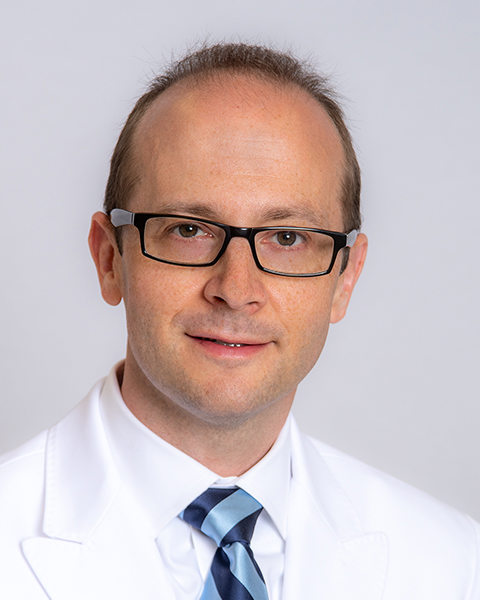
Cardiology
DuBois Regional Cardiology Associates - State College
A Partnered Service with Penn Highlands Healthcare
DuBois Regional Cardiology Associates - St. Marys
A Partnered Service with Penn Highlands Healthcare
DuBois Regional Cardiology Associates - DuBois
A Partnered Service with Penn Highlands Healthcare

Cardiology
Cardiology Associates of Altoona, LLP - Altoona
A Partnered Service with Penn Highlands Healthcare
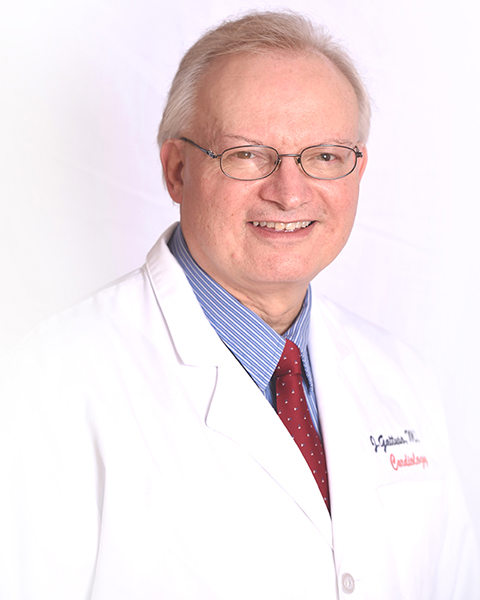
Cardiology
Cardiology Associates of Altoona, LLP - Huntingdon
A Partnered Service with Penn Highlands Healthcare
Cardiology Associates of Altoona, LLP - Altoona
A Partnered Service with Penn Highlands Healthcare
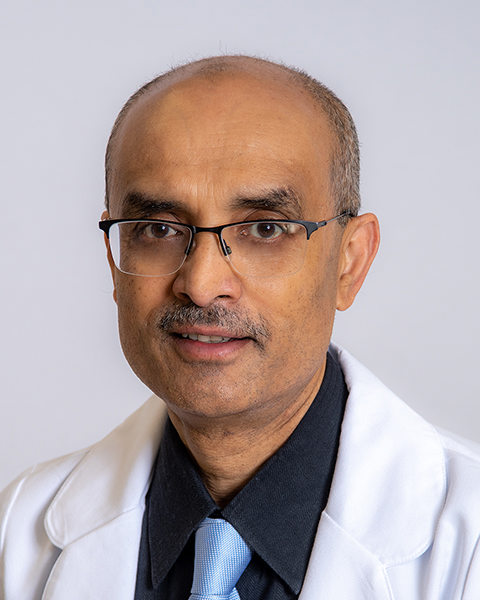
Cardiology
DuBois Regional Cardiology Associates - State College
A Partnered Service with Penn Highlands Healthcare
DuBois Regional Cardiology Associates - Clearfield
A Partnered Service with Penn Highlands Healthcare
DuBois Regional Cardiology Associates - DuBois
A Partnered Service with Penn Highlands Healthcare
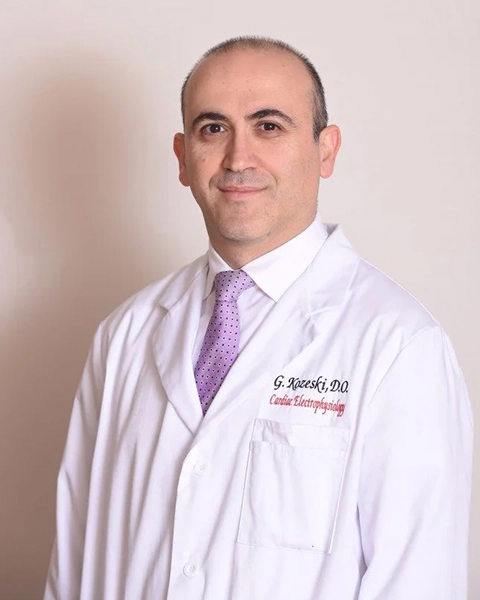
Cardiology
Cardiology Associates of Altoona, LLP - Huntingdon
A Partnered Service with Penn Highlands Healthcare
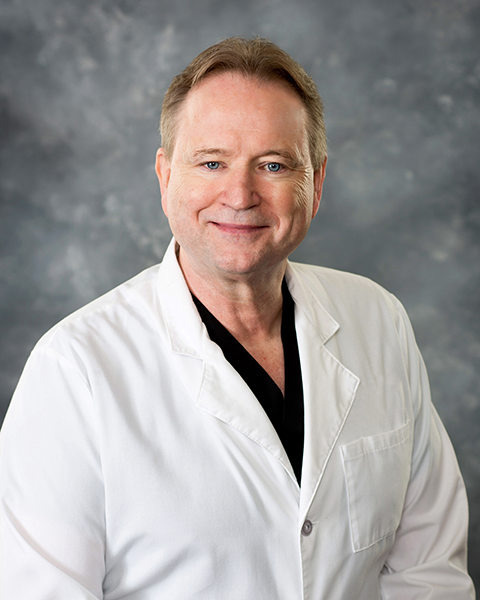
Cardiology
Cardiology Associates of Altoona, LLP - Altoona
A Partnered Service with Penn Highlands Healthcare
Cardiology Associates of Altoona, LLP - Huntingdon
A Partnered Service with Penn Highlands Healthcare
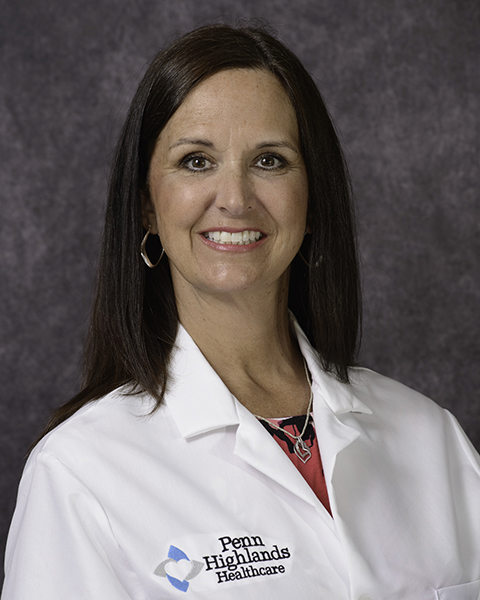

Cardiology
Cardiology Associates of Altoona, LLP - Huntingdon
A Partnered Service with Penn Highlands Healthcare
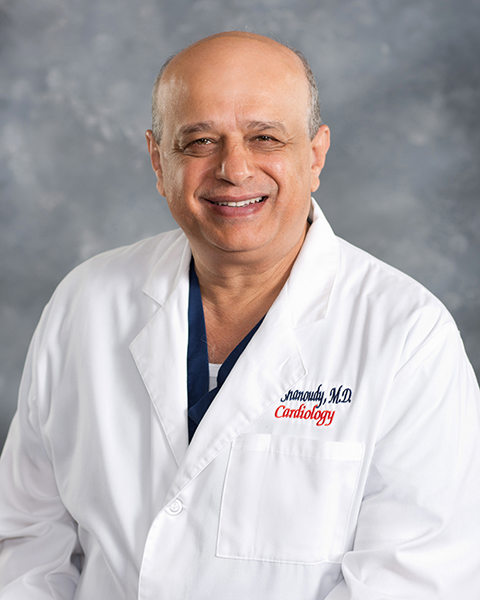
Cardiology
Cardiology Associates of Altoona, LLP - Altoona
A Partnered Service with Penn Highlands Healthcare
Cardiology Associates of Altoona, LLP - Huntingdon
A Partnered Service with Penn Highlands Healthcare
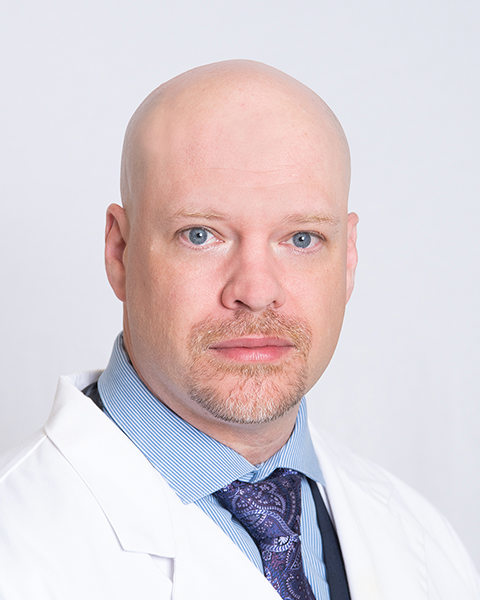
Cardiology
DuBois Regional Cardiology Associates - State College
A Partnered Service with Penn Highlands Healthcare
DuBois Regional Cardiology Associates - Clearfield
A Partnered Service with Penn Highlands Healthcare
DuBois Regional Cardiology Associates - DuBois
A Partnered Service with Penn Highlands Healthcare
DuBois Regional Cardiology Associates - Brookville
A Partnered Service with Penn Highlands Healthcare

Cardiology
Cardiology Associates of Altoona, LLP - Altoona
A Partnered Service with Penn Highlands Healthcare
Cardiology Associates of Altoona, LLP - Huntingdon
A Partnered Service with Penn Highlands Healthcare
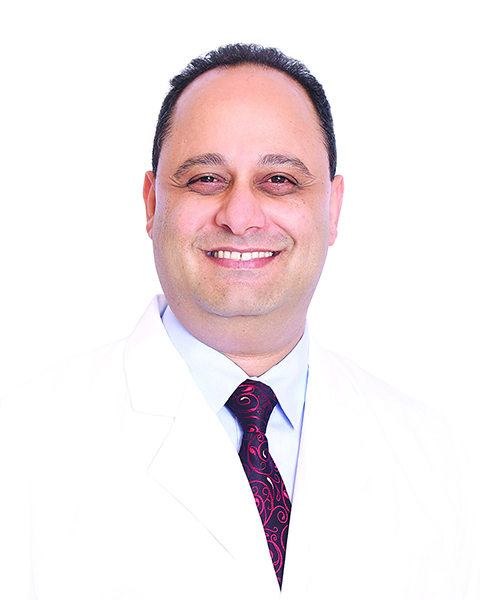
Cardiology
Cardiology Associates of Altoona, LLP - Huntingdon
A Partnered Service with Penn Highlands Healthcare
Cardiology Associates of Altoona, LLP - Altoona
A Partnered Service with Penn Highlands Healthcare
If you have heart disease or another chronic heart problem that needs management, find an expert cardiologist who can help you lead a full life at PHH today.

